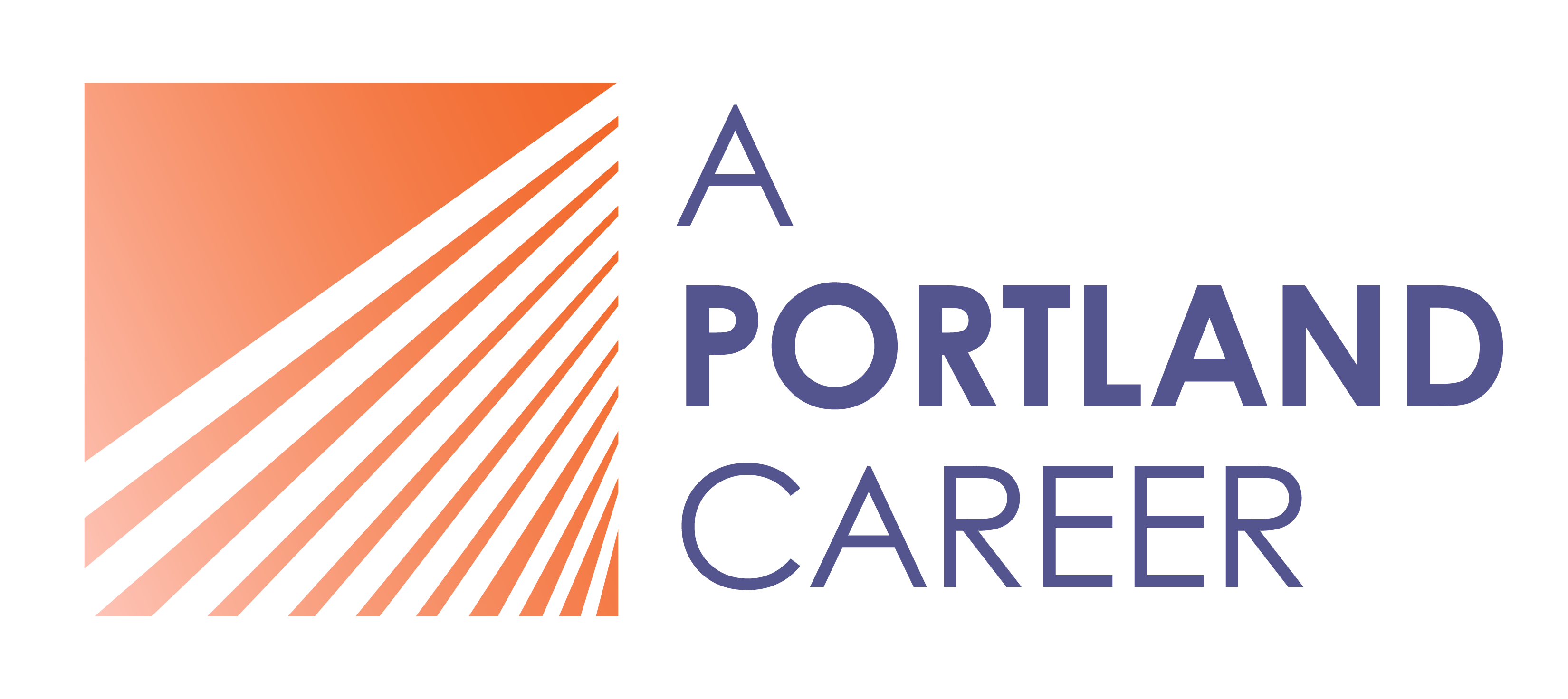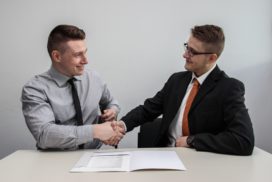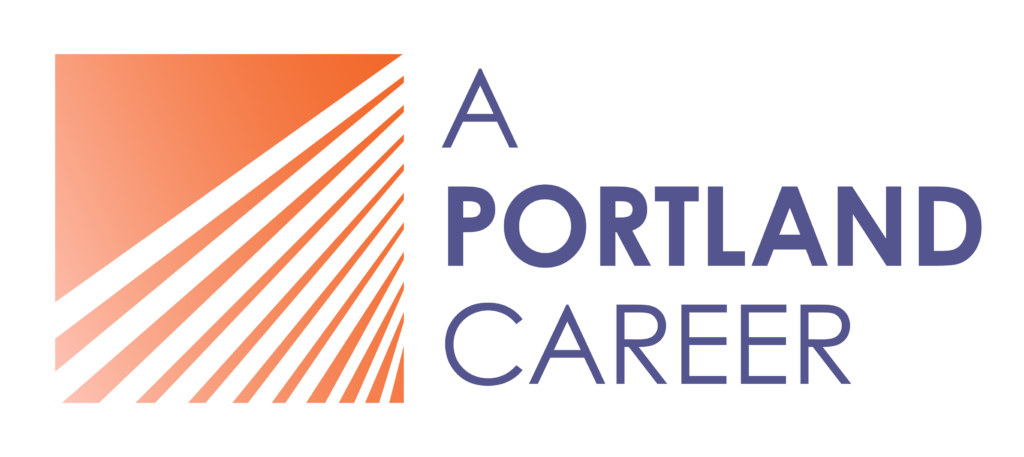Get insider interview tips that’ll help you nail the job interview and land your dream job!
Thank you notes never go out of style! Here’s what to include in a thank you note or email after the job interview.
When and How To Say Thank You after Your Interview
By A Portland Career, and edited by Dan Hahn, M.S., and Suzie Sherman
Need help with your job application materials? We can guide you through the process
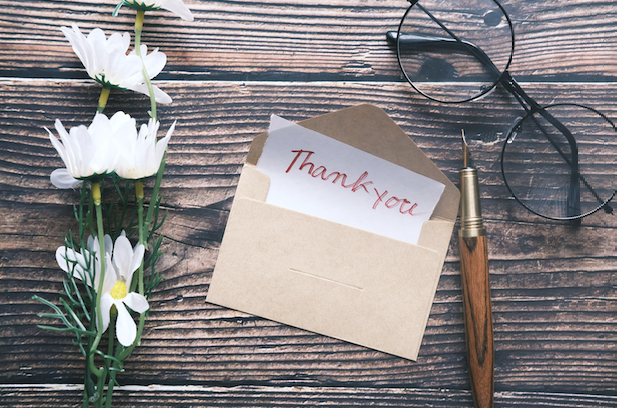
You might think sending an interview thank you note is old-fashioned, maybe even intrusive, or doesn’t matter at all. Interviewees often feel that it’s hard to keep up with correspondence when they’re applying to multiple jobs, and meeting tons of hiring managers, recruiters, and HR department reps. But career industry professionals agree: sending a thank you, even an informal one, makes a good impression, and reflects favorably on candidates after their interviews.
There are a lot of details to keep track of during your job search. By the time you’re sending job applications out and landing interviews, you should already have:
Now you are swamped with the interview process, often for multiple jobs, customizing your resume and cover letters, and preparing for the interviews. Gah! Who wants to write 10 or 20 thank you notes, on top of all this work? If you want to improve your chances of getting a follow-up interview, or a job offer, well, dear reader, it’s you.
Want help preparing for your interviews? Schedule a consultation.
Home → Helpful Articles → Interviewing → When and How To Say Thank You after Your Interview
Here are more great posts about how to prep for your next interview:
- How to Prepare for Your Next Job Interview: The Career Expert’s Guide
- The CAR Interview Method Brings Your Accomplishments to Life
- How to Ace the “Greatest Weakness” Question in Your Next Job Interview
- Answering Tough and Weird Interview Questions
- The 25 (plus 10!) Most Common Job Interview Questions
- Virtual Job Interviews: Master the Art of Zooming It In!
If you’re still feeling anxious about interviewing, get in touch with us, and we’ll make sure your interviews start landing you more job offers.
On This Page
- Should I send a thank you note?
- Is a thank you email okay, or does it need to be a more formal, handwritten note?
- How long post-interview should I send a thank you note?
- What goes into an interview thank you message?
- Our sample thank you note template
- A great sample interview thank you
- Final thoughts on when and how to say thank you after your interview
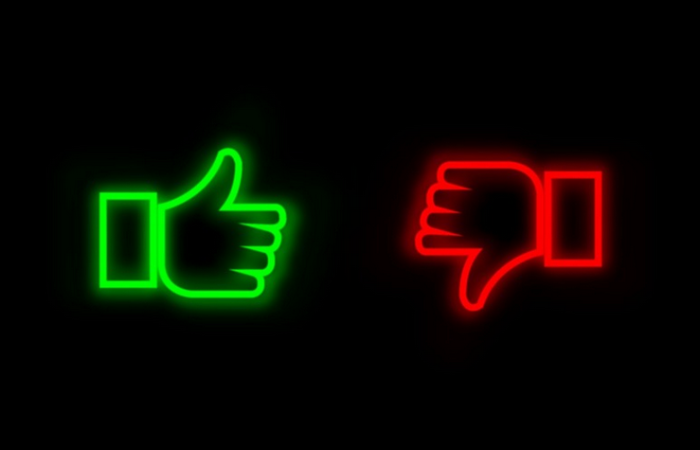
Should I send a thank you note?
We’ve probably already answered this question for you, but if you’re still not convinced: Robert Half Talent Solutions, a giant in the hiring field, says that 80 percent of Human Resources managers “take thank-you messages into account when deciding who to hire.” Even so, over the years, the number of candidates who take the time to write them is decreasing. At this point in history, with only 24 percent (and dwindling!) of candidates sending a post-interview thank you note, you will set yourself apart by taking this expert career advice to heart and following up with a thank you after your interview.
While it won’t be the most important factor (your resume, cover letter, and the actual interview all weigh more heavily) a thank you message could make or break your chance for a second interview, or a more serious consideration for a job offer. And even if you don’t get the job, a good follow-up email can be the first step to a mutually helpful professional relationship with a new contact!
Pro-tip: Anticipate writing thank you notes! Ask your interviewer for their business card before you leave the interview, so you can contact them. If you are meeting with a hiring team, ask everyone for their business cards. If you are doing a phone interview, or a video interview, just ask for the hiring team’s emails before you leave the call.

Is a thank you email okay, or does it have to be a more formal, handwritten note?
You can absolutely send an email, and a brief one at that! Don’t treat this task as a huge burden during your job search process. Make it simple, brief, and to the point. Send a thank you note via email, LinkedIn message or, on occasion, as a card or letter—the decision should be based on company culture, and how key the role is you’re applying for. If you are a candidate at a prestigious, old-school law firm, get a paper card in the mail today, if you want to look fancy. But an email should be just fine across industries.
We don’t recommend sending a message through social media, other than a private message through LinkedIn. Even if you are looking for jobs in a creative industry with a lot of Instagram or TikTok buy-in, it’s important not to impose on the hiring manager’s private space, and not to make your appreciation for the interview a public matter at this stage of your candidacy.
A picture paints a thousand words: if you do send a paper card, an image of nature would be perfect after your interview with the Sierra Club, but not for an edgy tech startup. Select an appropriate card, and get it in the mail ASAP!
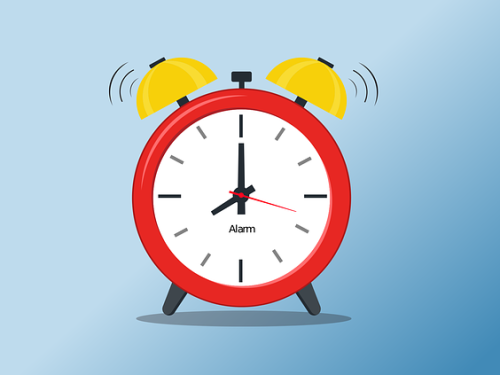
How long post-interview should I send a thank you note?
If you’ve picked up on our hints (“get it in the mail today,” for example) then you know this is a time-sensitive matter. Send a thank you email message within two days of the interview. Part of the purpose of the acknowledgement is to express gratitude for the opportunity to meet to discuss the job. And part of it is to keep you, as a candidate, at the top of the interviewer’s mind. Once you have a job interview scheduled, set a reminder or calendar item to write a thank you the next day, and make sure to do it!
If you are going to write a more formal note and send it in the mail, remember: snail mail is…you know…slow, like a snail! Buy that card before your interview, and pop it in the mail immediately, so it arrives within a few days of your interview with the hiring manager or hiring team.

What goes into an interview thank you message?
We’ve covered two key ingredients for a thank you message already: one, it gives you a chance to express gratitude for the interview, and show the hiring manager you met with that you value their time and consideration. Two, it keeps you, the candidate, actively in mind, as the interviewer makes their hiring decisions. In terms of content, a thank you note also allows you to:
- Reiterate your enthusiasm for the position, especially important if it’s a dream job for which you don’t want to be overlooked.
- Name a specific comment or two from the interviewer that intrigued you, giving you a chance to make a connection with them, and demonstrate your engagement with the company’s mission or goals.
- Provide some interview follow-up, if you feel that you didn’t fully address an interview question you were asked. Collecting your thoughts can be easier when you’re not on the spot, and a good interviewer understands this. A thank you note gives you the chance, along with genuine thanks, to add some additional information about why you’re the right candidate.
Our sample thank you note template
Okay! Now you know our recommendation to always send a thank you message, and why it’s a good practice. Here are the basic elements of an interview thank you note:
Use your judgment on formality: if it’s a fancy company, use “Dear Mr./Ms.” If the hiring manager introduced themselves with their first name, go with that. The company name and address should be included in a paper thank you note, but you can do away with that step in an email.
- Subject line (for an email or LinkedIn message): include the words “thank you” or “thanks” in the subject line, along with your name and the job title. This gets right to the point, and increases the odds that the interviewer will open your email.
- A personal greeting and genuine thanks: use the interviewer’s name, and, if you were interviewed by a panel or a team, write a separate note to each person, addressing them each by name. Thank them for their time and consideration.
- Demonstrate that you’re excited about the position, and provide a concrete example or two:
- Comment on something the interviewer said in your meeting that inspired you.
- Remind them that you have a specific important matching skill to offer, or genuine curiosity and interest in the company’s work.
- Continue the professional conversation by briefly going further with thoughts from your meeting (see Alison’s thank you letter, below for a great example!)
- Give them your contact information, and tell them to let you know if they should have additional questions for you.
- Tell them you look forward to hearing from them about the position and next steps.
- End the message with a “Thanks again,” and a professional sign-off, such as “Best regards,” or “Sincerely.”
- Sign or type your name and phone number. If you write an email, signing with a script font is a very nice touch. Including your phone number helps the hiring manager to follow up with you.
- Proofread and spell check your email (or letter), and correct any typos. For handwritten notes, start with a draft, and make the final version legible.
Follow-up strategy: go ahead and send a follow-up email to the hiring manager if you haven’t heard back about a week after you send the immediate thank you note. A gentle reminder that you’re still interested is perfectly appropriate, and organizations sometimes take a while to make final decisions.
A great sample interview thank you
Below is an excellent example of a paper thank you letter for an interview that our client Alison Walter had with a sustainability nonprofit organization. The letter continues the professional conversation and stresses what she can bring to the table if she is selected for the position−which she was! It’s unusual to receive this kind of personal response, but this example gives you an idea of how a well-written thank you letter with the right content can impress the desired employer:
Tom Doe
Sustainability Action
1234 NE 139th Avenue Portland, OR 97200
Dear Tom,
I greatly appreciated meeting with you and the rest of the interview panel yesterday.
Later in the afternoon, I was at a public reception, where I renewed my acquaintanceship with two dynamic state legislators, Greg Macpherson and Ben Cannon. While chatting with them, I drew on what you told me about the Governor’s desire to make transportation a prime focus in the upcoming term.
I learned that Greg is running for Attorney General. If he wins, he will be able to form proposals that go to the legislature, and work on implementing bills that get passed. He seems to strongly value transportation options.
If I get the opportunity to work with you, I would continue to cultivate relationships like these in order to advance the organization’s transportation plan.
Thank you again for yesterday’s interview, and for considering me for the position of Program Manager.
Sincerely,
Alison Walter
Tom replied right away:
Hi Alison,
Thanks for the kind words. It was my pleasure to answer your questions and provide guidance. In reality, I would have done the same for anyone that took the initiative to ask me for my input. You, however, were the only applicant to do so…and it really showed in the interviews yesterday.
I’m not at liberty to divulge anything more, as you can understand. But it was a pleasure to have had a hand in interviewing you for an important position and I wish you all the best!
Have a great weekend,
Tom
Final thoughts on when and how to say thank you after your interview
While you might think sending thank you notes is old-fashioned (particularly an actual paper letter via snail mail), emailed thank yous are important! Surprisingly, the number of hiring professionals who will give more consideration to job candidates who send a thank you message is still much higher than the number of applicants who actually send them.
Increase your odds of scoring a second interview or landing the job by taking a few minutes to write a personal thank you for your interview. A brief email, delivered within two days of your interview, can express your gratitude, follow up on an inspiring subject you discussed with the hiring manager, and remind them of your unique qualification for the job. The magic of the thank you note is to keep you at the top of the interviewer’s mind during the hiring process.
Key takeaways
- Sending a thank you note after a job interview is still considered good strategy by recruiters and hiring professionals.
- It’s always okay to simply send an email to the hiring manager or team within two days of your interview. In a more formal company culture setting, get a handwritten note in the mail the same day as your interview, so it arrives in a timely way.
- Be brief and to the point, and make it personal: thank your interviewer for their time, continue the professional conversation by commenting on something inspiring you discussed in the interview, and remind them that you uniquely match the role.
- Follow up about a week after you send your thank you note if you haven’t heard back yet.
Related articles you might be interested in:
Interviewing As An Overqualified Candidate: Let’s Debunk Some Myths
“Overqualified” just means “well-qualified.” Let’s debunk the myths about overqualified candidates and reframe your career story!
The 25 (plus 10!) Most Common Job Interview Questions
Nail your next job interview by preparing for these 25 (plus 10!) most common interview questions.
Virtual Job Interviews: Master the Art of Zooming It In!
Most employers now conduct virtual job interviews. Master these remote interview skills with tips from our career experts!
